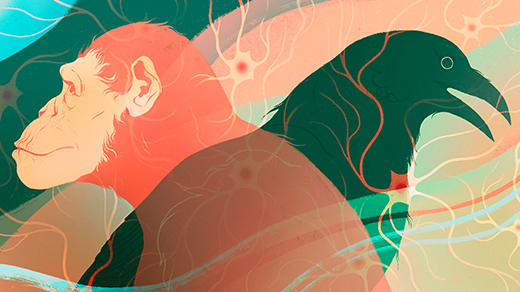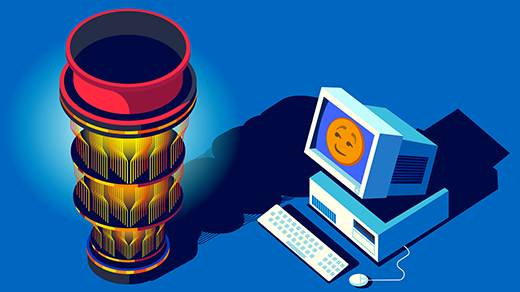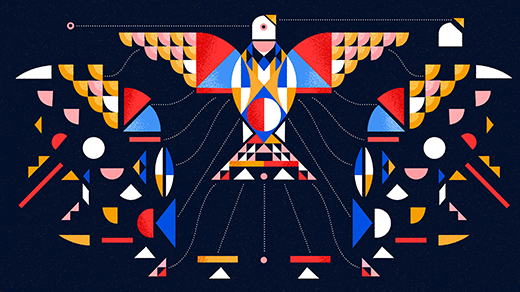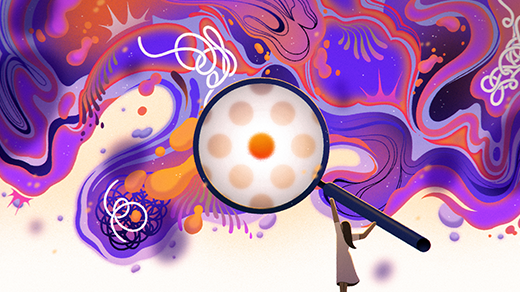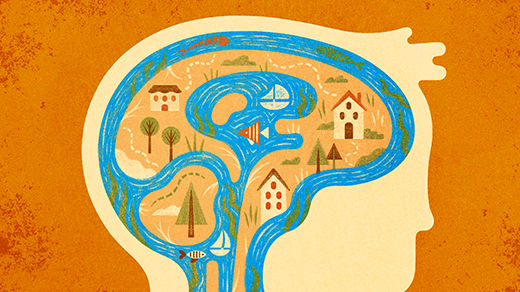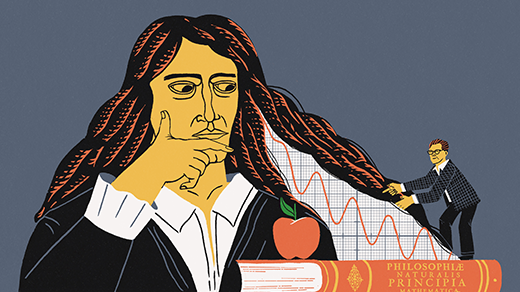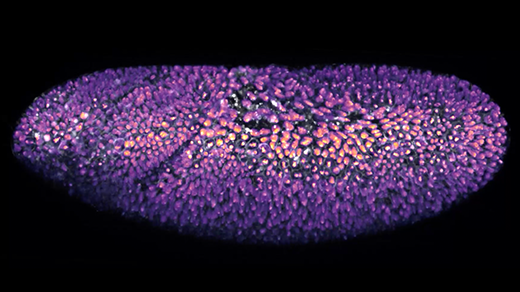Archive
Latest Articles
Intelligence Evolved at Least Twice in Vertebrate Animals
Complex neural pathways likely arose independently in birds and mammals, suggesting that vertebrates evolved intelligence multiple times.
How a Problem About Pigeons Powers Complexity Theory
When pigeons outnumber pigeonholes, some birds must double up. This obvious statement — and its inverse — have deep connections to many areas of math and computer science.
What Is the True Promise of Quantum Computing?
Despite the hype, it’s been surprisingly challenging to find quantum algorithms that outperform classical ones. In this episode, Ewin Tang discusses her pioneering work in “dequantizing” quantum algorithms — and what it means for the future of quantum computing.
Why Everything in the Universe Turns More Complex
A new suggestion that complexity increases over time, not just in living organisms but in the nonliving world, promises to rewrite notions of time and evolution.
A New Proof Smooths Out the Math of Melting
A powerful mathematical technique is used to model melting ice and other phenomena. But it has long been imperiled by certain “nightmare scenarios.” A new proof has removed that obstacle.
The High Cost of Quantum Randomness Is Dropping
Randomness is essential to some research, but it’s always been prohibitively complicated. Now, we can use “pseudorandomness” instead.
The Mysterious Flow of Fluid in the Brain
A popular hypothesis for how the brain clears molecular waste, which may help explain why sleep feels refreshing, is a subject of debate.
Three Hundred Years Later, a Tool from Isaac Newton Gets an Update
A simple, widely used mathematical technique can finally be applied to boundlessly complex problems.
How Metabolism Can Shape Cells’ Destinies
A growing body of work suggests that cell metabolism — the chemical reactions that provide energy and building materials — plays a vital, overlooked role in the first steps of life.
